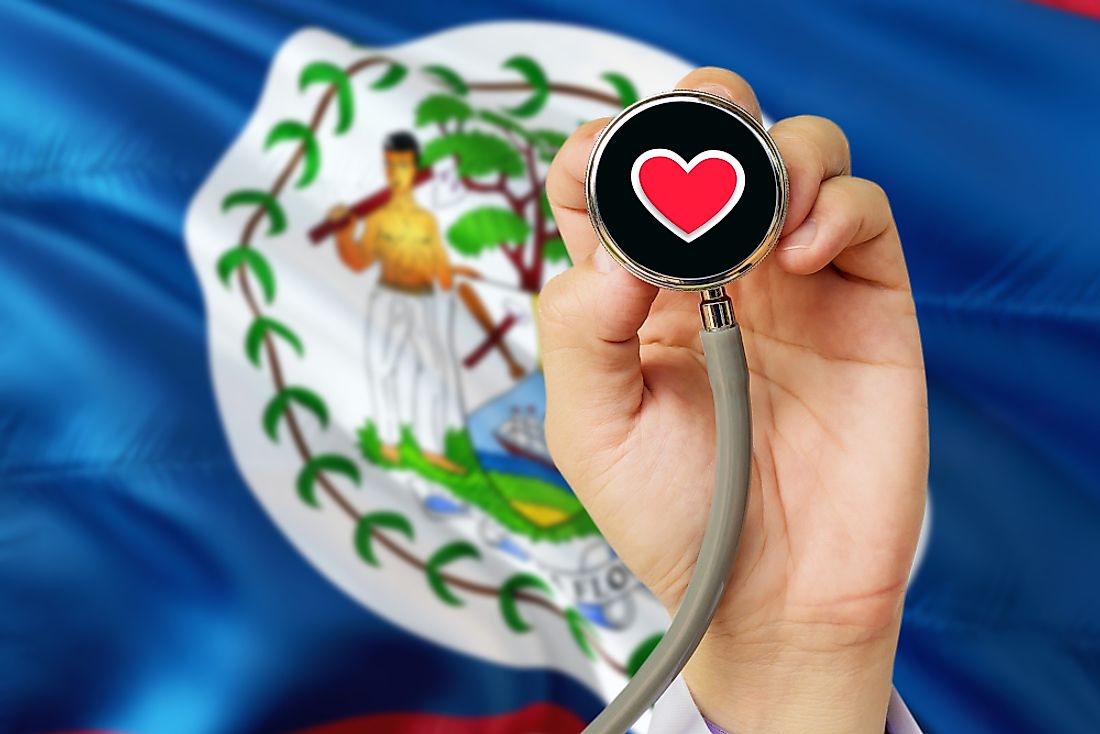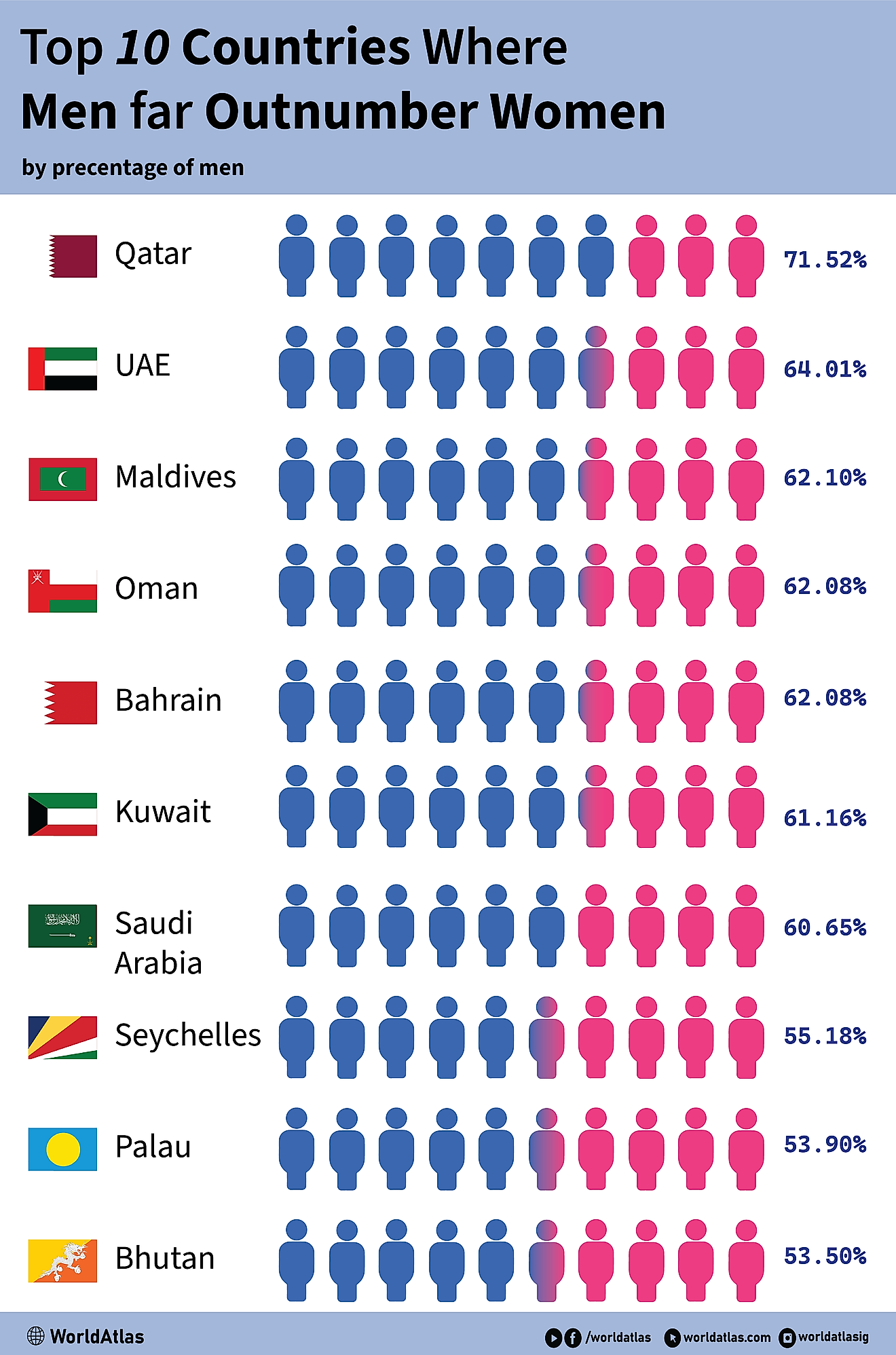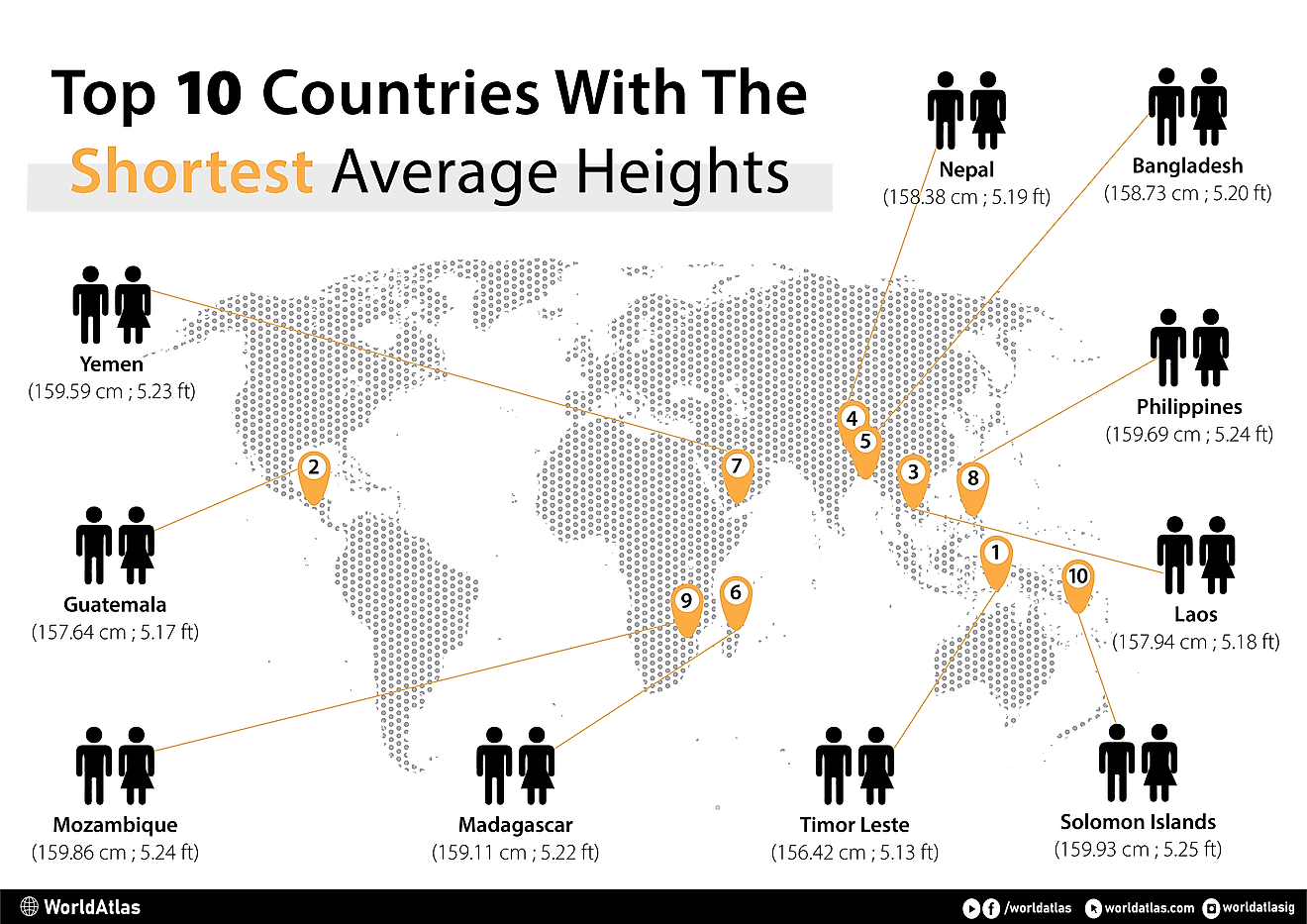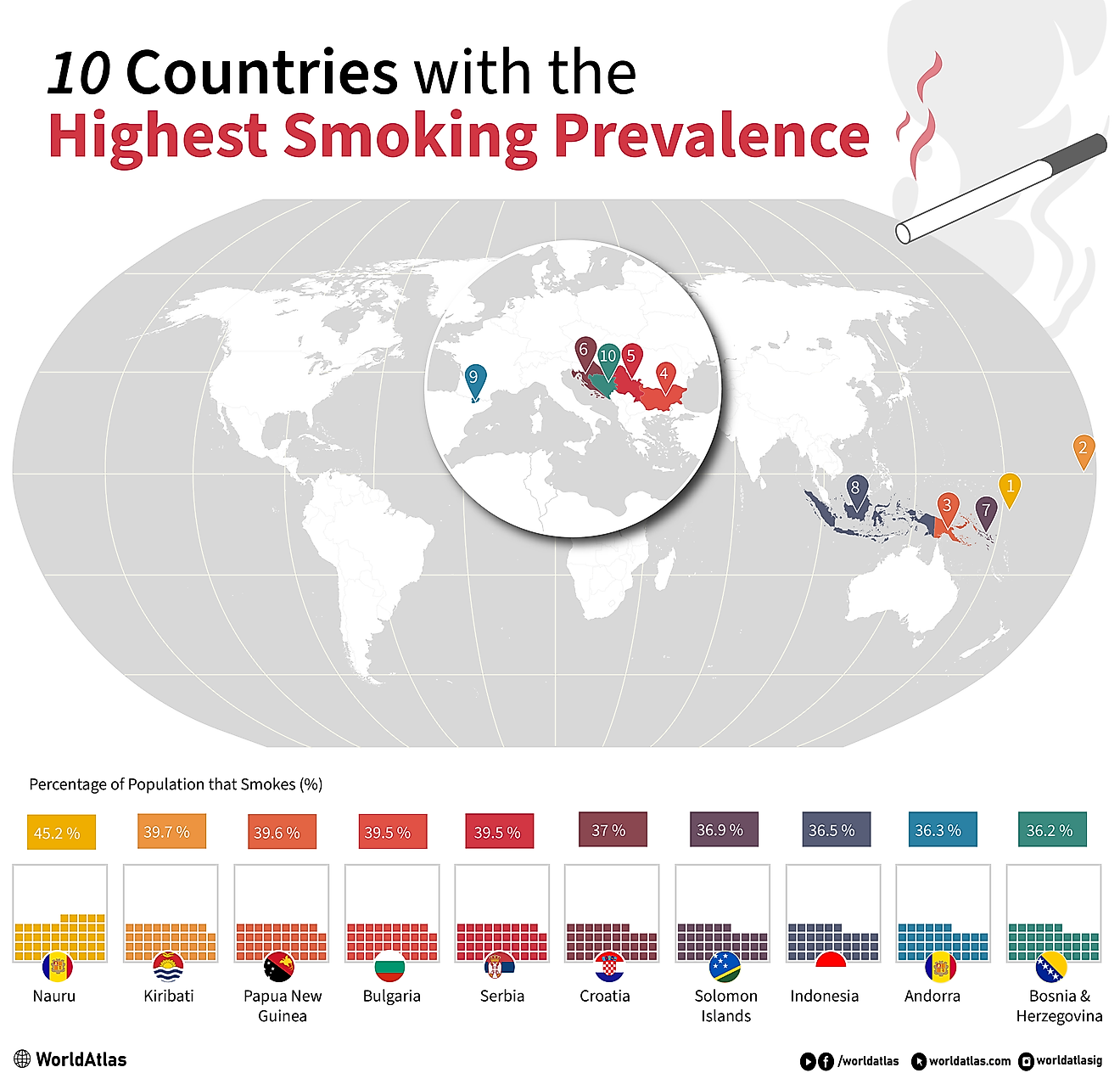Leading Causes Of Death In Belize

Belize, a country in Central America, is located on the Atlantic coast with a population of 395,000. The male life expectancy at birth is 68 years and for females is 73 years of age. People are more likely to live in rural areas here, with only 44% of the population living in urban zones. This article takes a look at the leading causes of death in this Belize, as per data from the Centers for Disease Control and Prevention (CDC).
Top 5 Leading Causes of Death
1. Cancer
In Belize, like many countries in the world, cancer is the leading cause of death. Some of the most common types of cancer found n Belize are breast cancer, colon cancer, cervical cancer, and prostate cancer.
2. Ischemic Heart Disease
Ischemic heart disease is the leading cause of death in Belize. This disease is often accompanied by diabetes and can be prevented through healthy lifestyle choices. Heart disease occurs when blood flow cannot easily reach the heart; this is usually caused by an obstruction in the blood vessels. The result is often a heart attack. Underlying factors with this condition include a poor diet, excessive alcohol consumption, and high blood pressure.
3. HIV
Belize is estimated to have the highest HIV rates in Central America. It is thought that infection numbers in the country are underrepresented, due to a widespread stigma that exists. This stigma may also prevent those who are suffering from seeking out care.
4. Stroke
A stroke happens when blood flow to the brain is restricted. Stoke is a top leading cause of death in Belize. Some of the risk factors for a stroke can include family history, a record of high blood pressure, a history of smoking, and a sedentary lifestyle. Strokes are in the top five leading causes of death worldwide.
5. Diabetes
Diabetes is among the top killers in Belize. Diabetes can be a genetically inherited disease but can also be prevented through an active lifestyle and healthy diet. Traditional Belizean dishes tend to be very high in fat and carbohydrates which are converted into sugars in the body and can contribute to insulin resistance. Current estimates suggest that as much as 13% of the population lives with diabetes.
Health Care in Belize
Belize has both a private and public healthcare system. The private health sector, as is usually the case, is more expensive and therefore inaccessible for many people residing in the country. It is the public healthcare system that provides the majority of health services. The country has recently become involved in analyzing its current healthcare system and determining what services and programs would be best to counter the state of disease and illness among its population. The objective based on its analysis is to improve access to and quality of healthcare received as well as ensure equitable distribution of services.
The Ministry of Health is currently implementing a National Health Insurance plan. Unfortunately, much of the funding designated for national healthcare has been assigned to the urban areas. This means that individuals living in the most poverty and in the farthest to reach zones only have available to them out of date equipment and a lack of medical professionals, a far cry from equitable distribution. The healthcare facilities in the cities suffer from a lack of resources as well and many times are without basic medical supplies. Government officials would be wise to conduct a new analysis of the current reality in the country and draft updated policies and public health goals.







